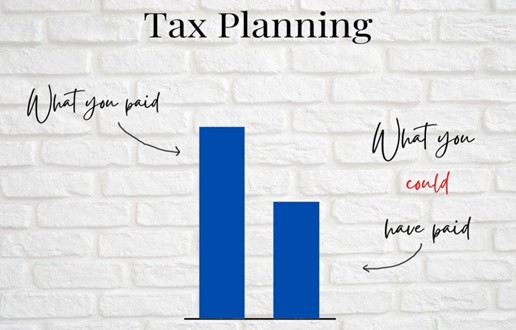Tax Strategies

Here are a few tax strategies that we can help you implement for your business:
Change your entity type
Transitioning to S Corporation status offers potential savings on self-employment taxes. Unlike as a sole proprietor or partnership, S Corporation owners aren’t required to pay self-employment taxes on business profits. Instead, these profits are typically subject to ordinary income tax rates, potentially lowering the overall tax burden.
For instance, if your net profit is $100,000, you’d typically owe about $15,000 in self-employment tax, but as an S Corporation, you can avoid this expense.
Change accounting method
If you owe more money to suppliers than you’re owed by customers, switching from cash to accrual accounting lets you count expenses even if you haven’t paid them yet. With cash accounting, you can only deduct expenses when you’ve actually paid for them. On the other hand, if you’re owed more money by customers than you owe to suppliers, sticking with cash accounting might be better for taxes. That’s because with cash accounting, you only pay taxes on money you’ve actually received, while with accrual accounting, you pay taxes on money you’ve earned, even if you haven’t been paid yet.
For instance, if you’re using cash basis accounting and have $30,000 in accounts payable at the end of the year, that $30,000 won’t be deductible. But if you’re using accrual basis accounting, the $30,000 in accounts payable will be deductible, reducing your net income by $30,000.
Section 179 depreciation
Using Section 179 depreciation means you can deduct the entire cost of certain business equipment from your taxes right away, instead of spreading it out over several years. This can save you a lot of money on taxes right now. Essentially, it lets you keep more of your money to reinvest back into your business, helping it grow faster.
For instance, if your business purchased equipment for $50,000. With regular depreciation you’d spread the cost over several years for tax purposes, but with Section 179, you can deduct the full $50,000 right away when you buy it. If you are in a 20% tax bracket, utilizing Section 179 depreciation could potentially save you $10,000 in taxes.
Augusta Rule aka 14 Day Rental Rule
The 14-day rental income rule states that if you rent out your property for 14 days or less in a year, you don’t need to report that rental income on your taxes. This allows you to reduce your business income by the rent charged to your business without facing taxes on the rental income.
For instance, if you rent out your home to your business at $300 a day for 14 days, your company incurs $4,200 in rent expenses, leading to a $4,200 decrease in your business profits.
Hire your children to work for your business
By employing your child, you can transfer income from your higher tax bracket to their lower one, potentially lessening your overall tax burden. Additionally, the wages paid to your children qualify as deductible business expenses, further reducing your taxable income. If your business operates as an unincorporated entity and your child is under 18, their wages are exempt from Social Security and Medicare taxes, providing supplementary savings.
For instance, if you pay your 10-year-old and 5-year-old children $12,000 annually each for advertising their faces for your business, your business’s taxable income will decrease by $24,000. However, since their annual income is under the standard deduction, your children won’t be required to file a tax return, meaning they won’t be taxed on the $12,000 they’ve earned.